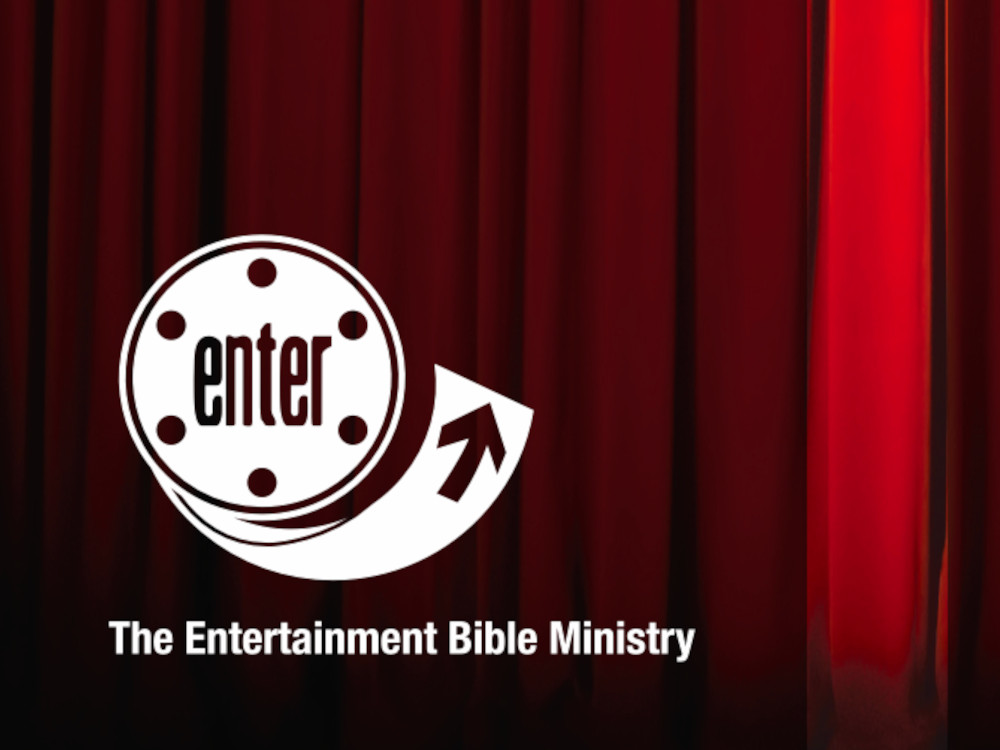Charles Brammall on making church music work for an audience of professional entertainers in a church plant – and how he was lucky to avoid an accident.
Sometimes we’d have four songs in church, other times two, or three, or five; or at other times, an instrumental. Our remarkable musicians would arrange our songs in a variety of musical genres, like celtic, classic hymns, country, pop, blues, rock, or jazz. They would always play background music as people were arriving and for a few minutes at the end as the service morphed into morning tea.
I encouraged them to use guitar “breaks” and other partial solos, so the songs didn’t always sound like “Christian-y”, “churchy” songs. And we didn’t have “Jesus is My Boyfriend” type songs with their endless repetition, small number of words, simplicity, and lack of Bible. But we tried to find songs that had a vibe that people would choose to listen to in their car and groove to. I’m all for having lead guitar breaks in church or keyboard, sax, harmonica or trumpet solos. As long as they’re not gratuitous or draw attention to the musician rather than the LORD. But He deserves good music, as Larry Norman sang in 1972:
“I want the people to know that He saved my soul, but I still like to listen to the radio.
They say, ‘Rock and Roll is wrong, I’ll give you one more chance.’,
I say, ‘I feel so good I wanna get up and dance.’
I know what’s right, I know what’s wrong. I don’t confuse it.
All I’m really trying to say is, why should the devil have all the good music?!”
We were also committed to having beautiful, stirring old hymns with captivating theology, even on a pipe organ if we’d had one or a keyboard set to church organ mode. I believe that many songs in conservative Evangelical churches have a “pop-y”, “Christian-y” sameness about them, and are an entirely different style to secular songs. But why can’t songs in church have a vibe and a groove like secular songs do?!
I realise our ability to do this is limited by the availability of musicians and their level of skill. Also, corporate church songs have to appeal to a range of ages and be suitable and easy for groups to sing. But many groovy songs meet this criteria as well. Secular songs are almost always singable by crowds. Reference ACDC’s songs, Queen’s “We Will Rock You”, Taylor Swift etc.
The lyrics must be incisive, motivating, and drawing our attention to the Scriptures, and I believe we can teach each other and address the LORD in a whole range of genres and arrangements. This can include blues, country, and rock (but perhaps not Heavy Metal, as it has a narrower appeal). I sometimes suspect that we don’t stretch ourselves enough. Having said that, I might be talking through my hat. I’m not a musician!
Sleep Apnea
During ENTER the ministry to entertainers, I drove all over the Lower North Shore, Inner City, Eastern Suburbs, and Inner West, leading two to three lunchtime groups a day. At one point I began to feel extraordinarily sleepy at about two o’clock as I was driving home from groups, and even had a few dangerous microsleeps as I drove. I initially thought it was just busyness and exhaustion, but I eventually went to my GP, who sent me to a sleep specialist at North Shore Hospital. He arranged for me to have a “sleepover” at the Sleep Study Lab, to detect any “apnoeas’’ I might be having.
Sleep apnoeas are a complete pause in breathing during sleep, caused by an obstacle, usually a flaccid muscle or tongue, in one’s windpipe. You’re not taking in enough oxygen, so you wake up with a gasp and take a deep breath. (You’re usually not aware of waking up, but it still genuinely breaks your sleep.) At the sleepover, I felt like I had a great sleep (as I usually did), even with my head wired up to multiple electrodes and monitored by cameras and microphones from every angle.
I returned to the sleep specialist to get my results, and the first thing he said was “Did you drive here? Because there’s no way I’m letting you drive home. I’m calling a cab. It’s a miracle you’ve made it here. Your brain is complete mush. You’re having one apnoea every fifty six seconds.” That is, the longest period I was sleeping without waking up each night was less than a minute at a time. In an eight-hour night, I was waking up four hundred and eighty times (without knowing it). No wonder my brain was mush.
It was God’s miracle that I didn’t have a serious accident on the road. Straight away, the specialist prescribed a CPAP (Continuous Positive Air Pressure) machine. The difference was palpable and immediate. I have been on it now for sixteen years, and never looked back. I find it hard to sleep without it. It’s become my “friend”, and is like a security blanket.

